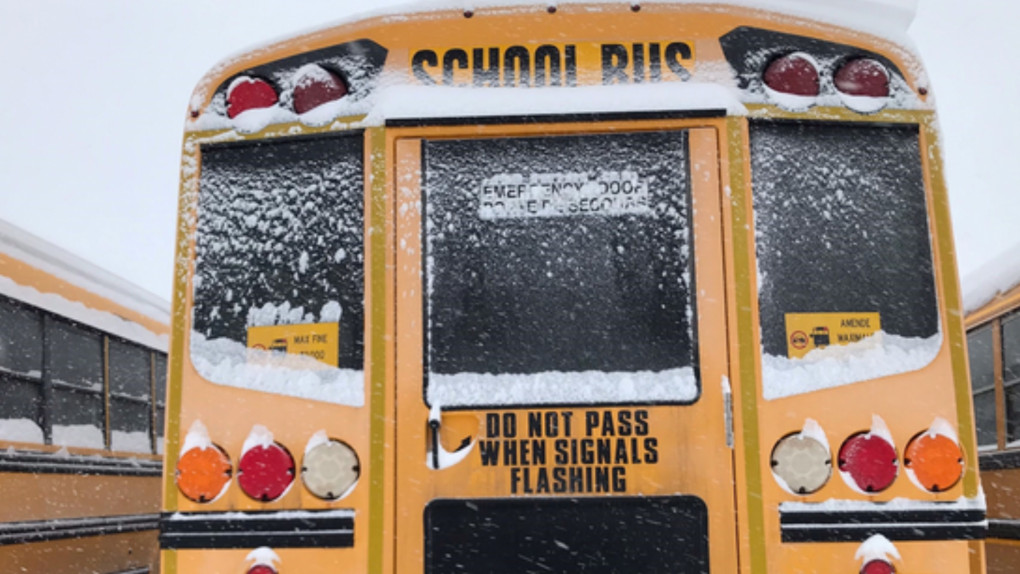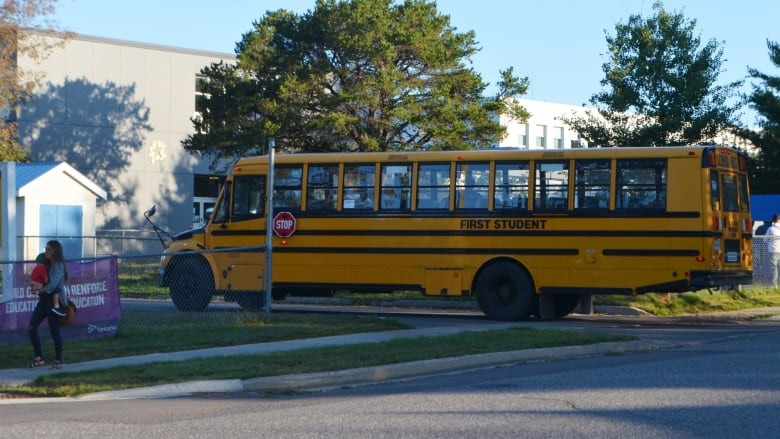School Bus Cancellations Across Canada: Snowstorms Trigger Widespread Disruptions
The recent onslaught of severe winter storms across Canada has led to widespread disruptions, most notably the cancellation of numerous school bus routes. Thousands of students have been affected, leading to concerns among parents and school administrators alike. The unpredictable nature of the weather has made planning extremely difficult, highlighting the vulnerability of school systems to severe weather events. The impact extends beyond the immediate inconvenience, affecting not only students' education but also the livelihoods of families who rely on the consistent operation of school bus services.
Impact on Students and Families
The sudden cancellation of school buses creates significant challenges for families. Many parents rely on these services to ensure their children get to school safely, especially in rural areas where public transportation options are limited. The abrupt disruption forces parents to make hasty alternative arrangements, often leading to missed work or added financial burdens. For families with multiple children or those with limited childcare options, the situation can be especially stressful.
Disruptions to Learning
Beyond the logistical hurdles, the cancellations also disrupt students' learning. Missed school days can lead to falling behind in coursework, creating added pressure and anxiety, particularly for students already struggling academically. This disruption isn't just about lost instructional time; it can also negatively impact students’ social and emotional well-being. The unexpected breaks from routine can be unsettling for some children.
Regional Variations in Cancellations
The impact of the snowstorms hasn't been uniform across the country. Some regions have experienced more severe disruptions than others, reflecting variations in weather patterns and the preparedness of local school boards. In some areas, all school buses have been cancelled, while in others, only specific routes have been affected. The decision to cancel services rests with individual school boards and transportation providers, who consider factors such as road conditions, visibility, and safety concerns for drivers and students.
Ontario: Significant Disruptions
Ontario has been particularly hard hit, with numerous school boards announcing widespread cancellations. In some areas, like Huron and Perth counties, all school buses were cancelled, impacting thousands of students. The heavy snowfall and icy conditions made it too dangerous for buses to operate safely. The situation has highlighted the importance of robust communication between school boards, transportation providers, and parents during severe weather events. Clear and timely notifications are crucial for ensuring parents can make informed decisions about their children's safety and well-being. The challenge lies in balancing safety with the need to minimize disruption to education.
The Economic Impact of Cancellations
The cancellation of school buses has a ripple effect on the economy. Parents who need to stay home to care for their children may lose wages, adding to the financial strain already present for many families. Businesses that rely on the smooth functioning of the school system may also experience indirect impacts. In addition, school bus companies themselves face revenue loss due to cancelled routes. This financial strain, although often overlooked, underscores the wider economic implications of severe weather events.
Long-Term Impacts on Education
The cumulative effect of repeated school closures due to severe weather could have significant long-term consequences on students' academic progress. Consistent disruptions to learning can impede their development, particularly in areas where resources are already limited. This highlights the need for long-term strategies to mitigate the impact of extreme weather on the educational system, including investing in infrastructure, improving weather forecasting, and developing more resilient transportation systems.
A Look Ahead: Preparedness and Resilience
The recent events serve as a stark reminder of the vulnerability of school systems to extreme weather. Preparing for future disruptions requires a multi-pronged approach, encompassing improved infrastructure, enhanced communication strategies, and collaborative efforts between school boards, transportation providers, and families. Investing in infrastructure that can withstand severe weather events, for example, is crucial to minimizing service disruptions. Furthermore, developing robust communication strategies is key to ensuring families are informed promptly and accurately about school bus cancellations. Effective collaborations between various stakeholders can optimize response mechanisms and reduce the burden on families.
The unpredictable nature of weather patterns necessitates a proactive and adaptive approach, and only through such actions can we ensure the educational stability and well-being of our children in the face of future challenges. The need for robust planning and preparedness should be a priority, not an afterthought.


















